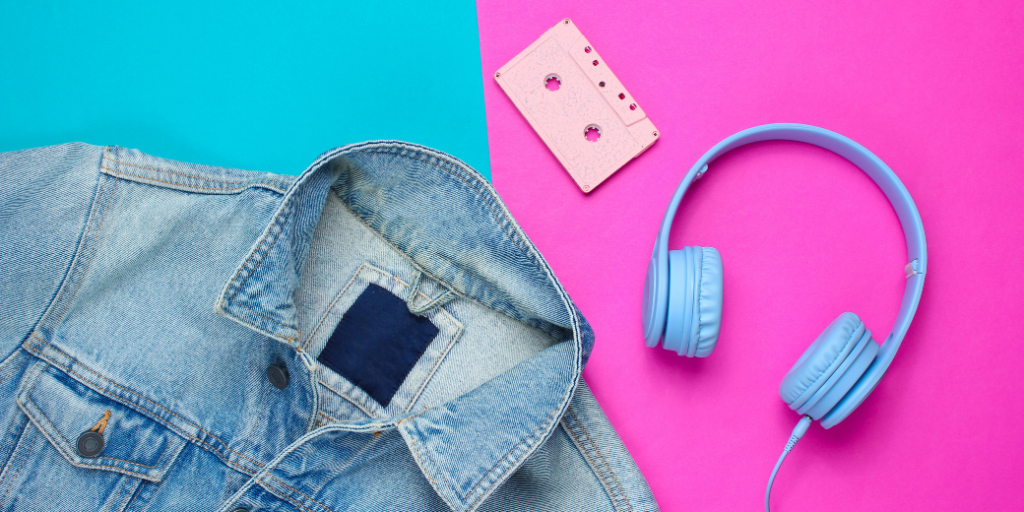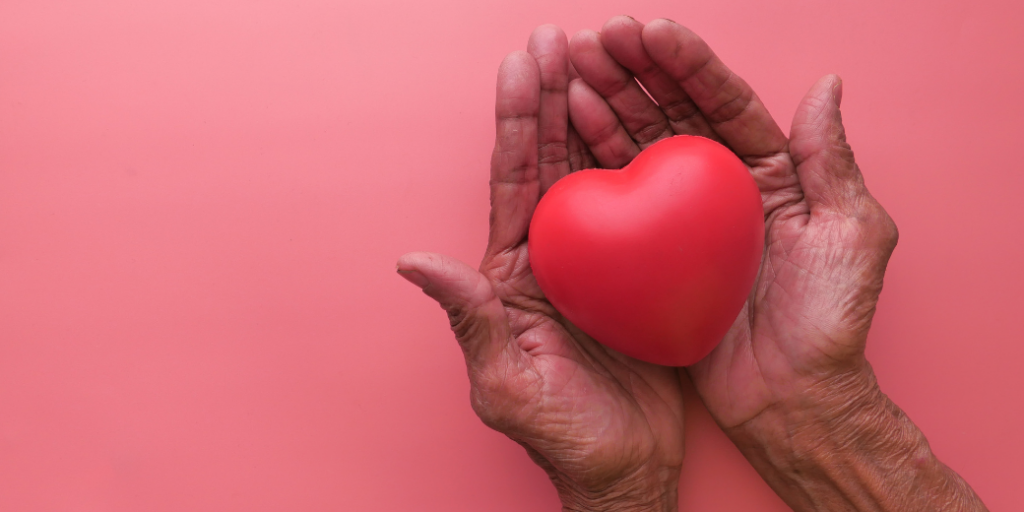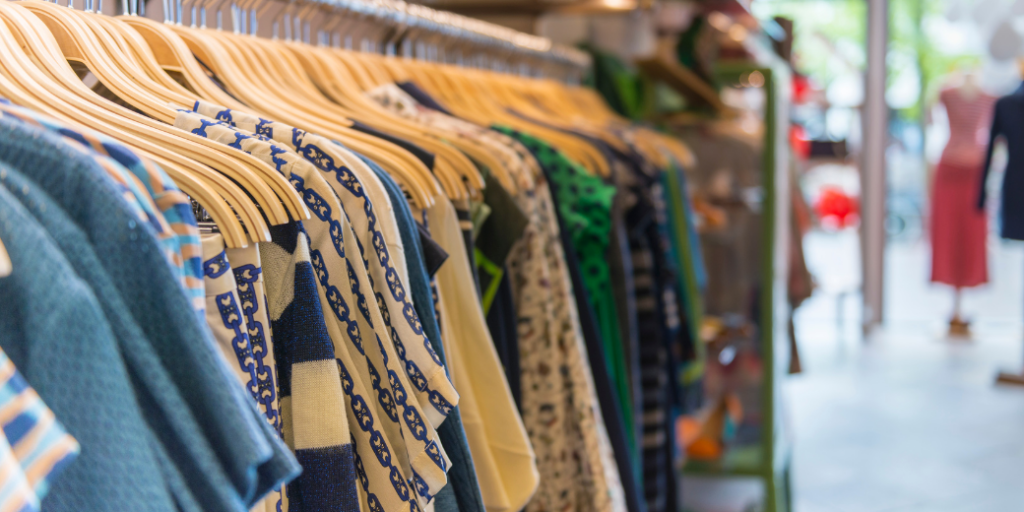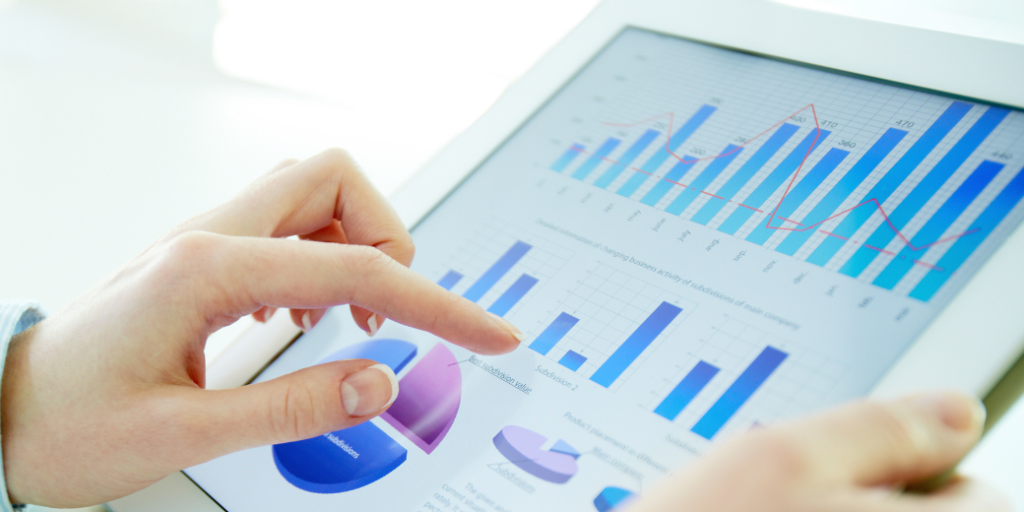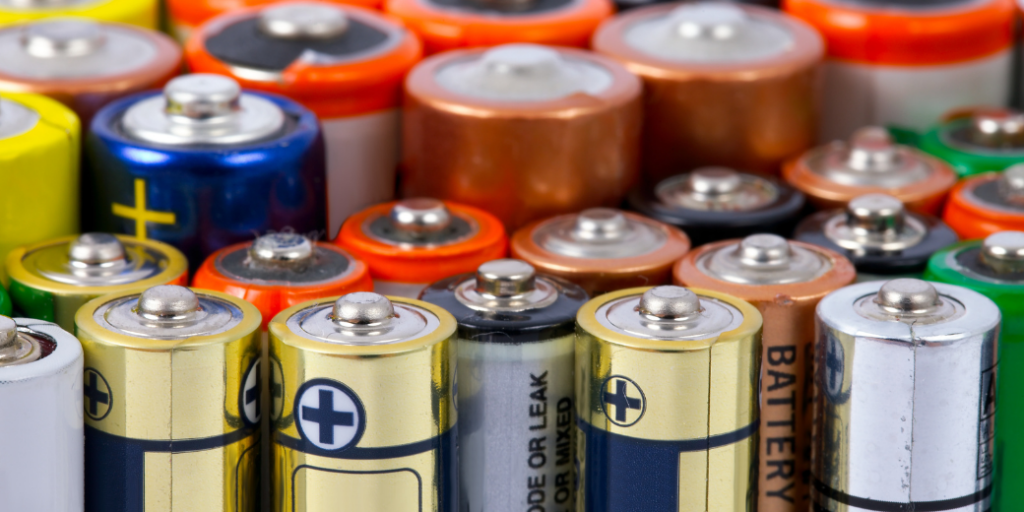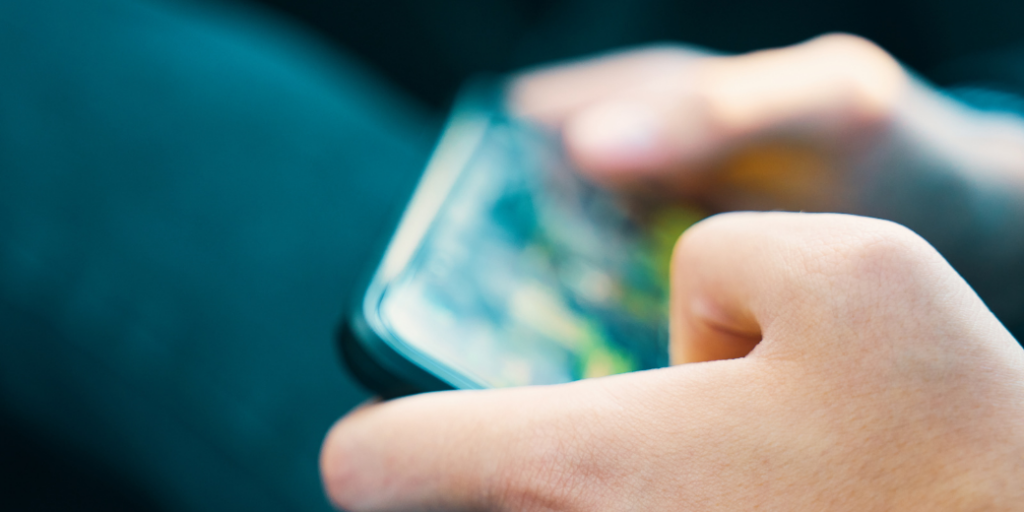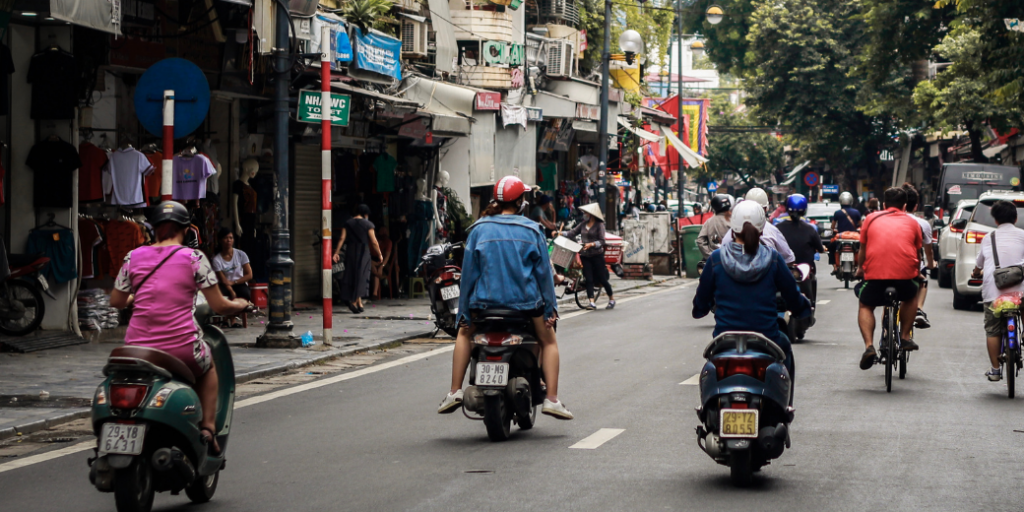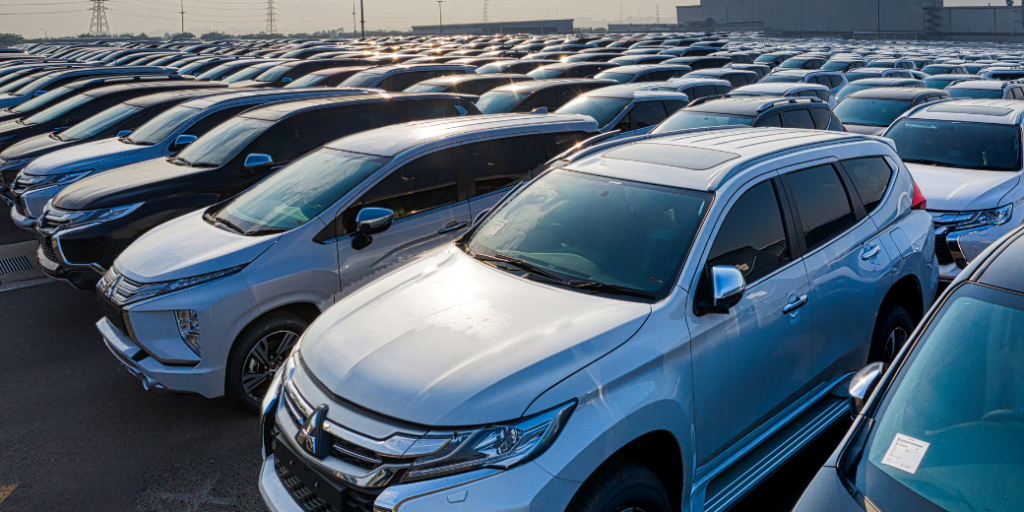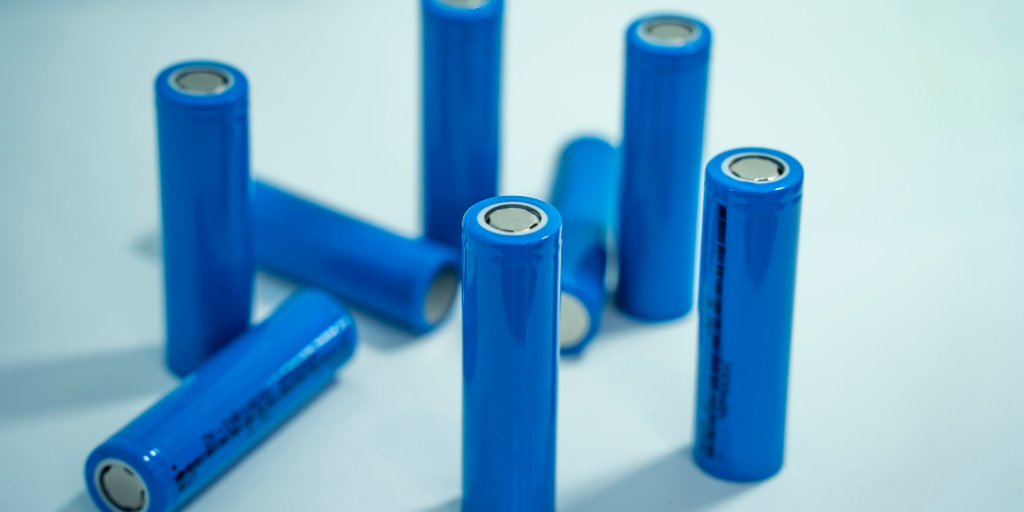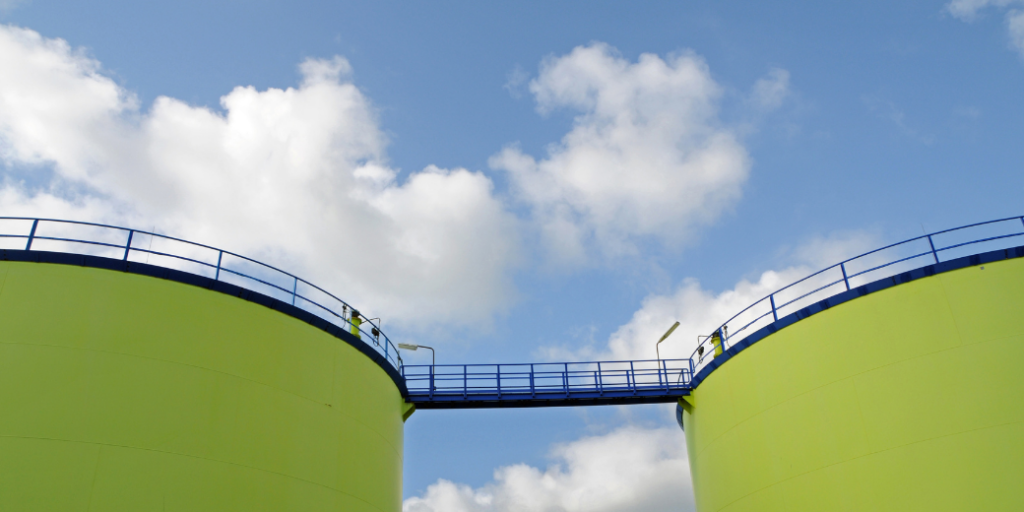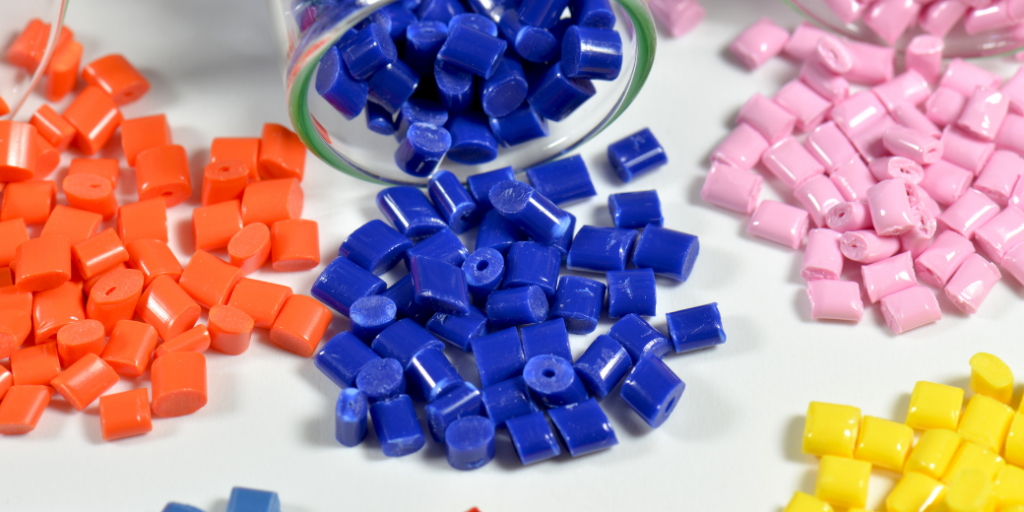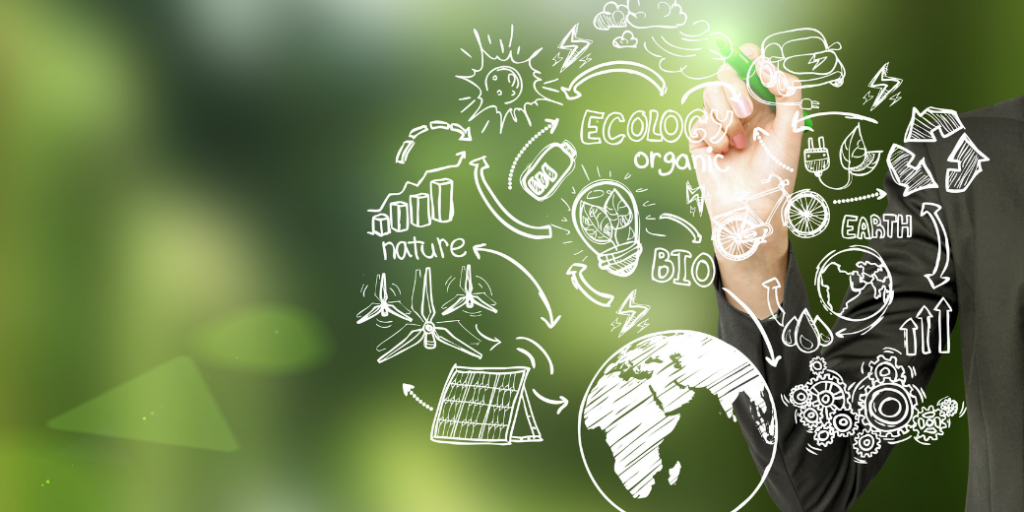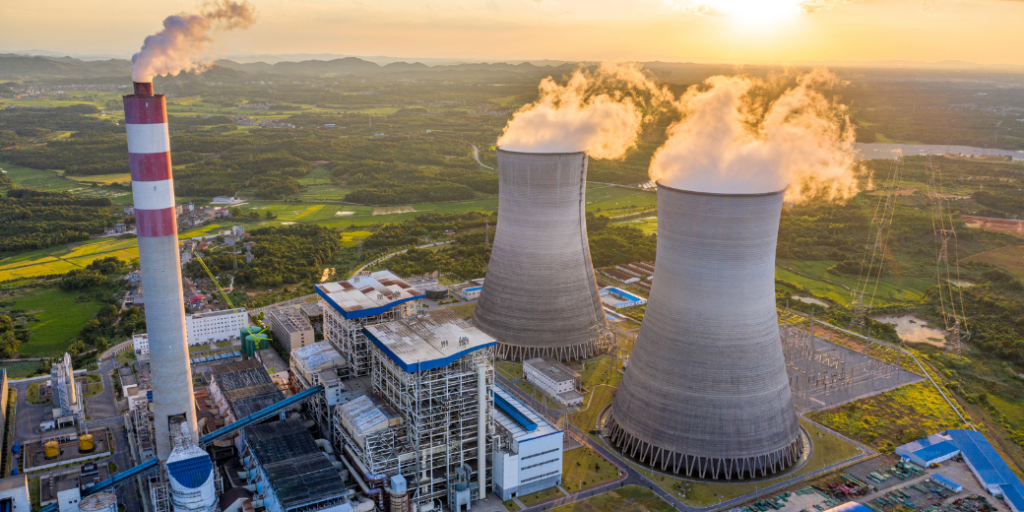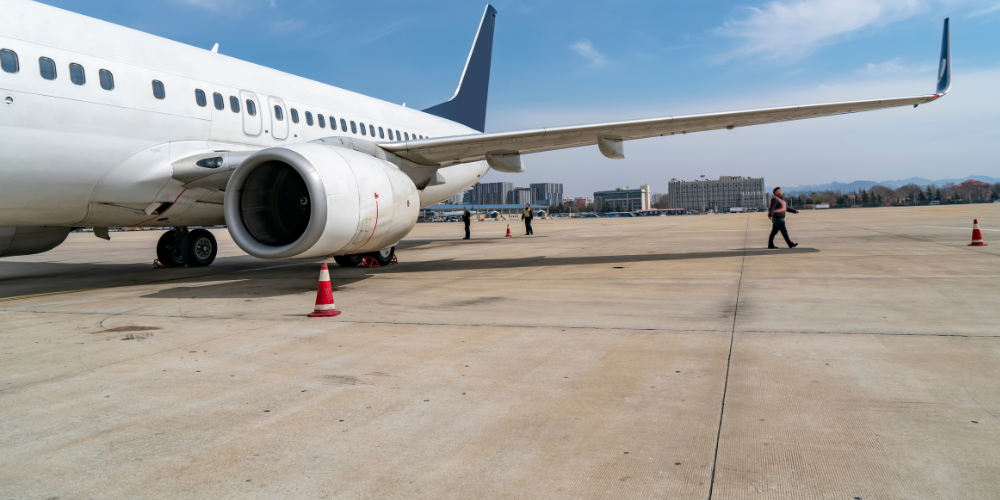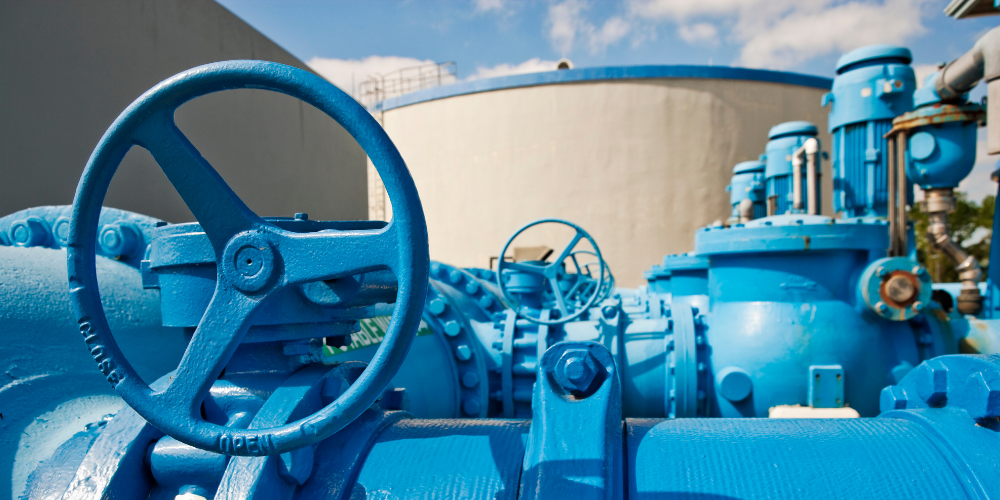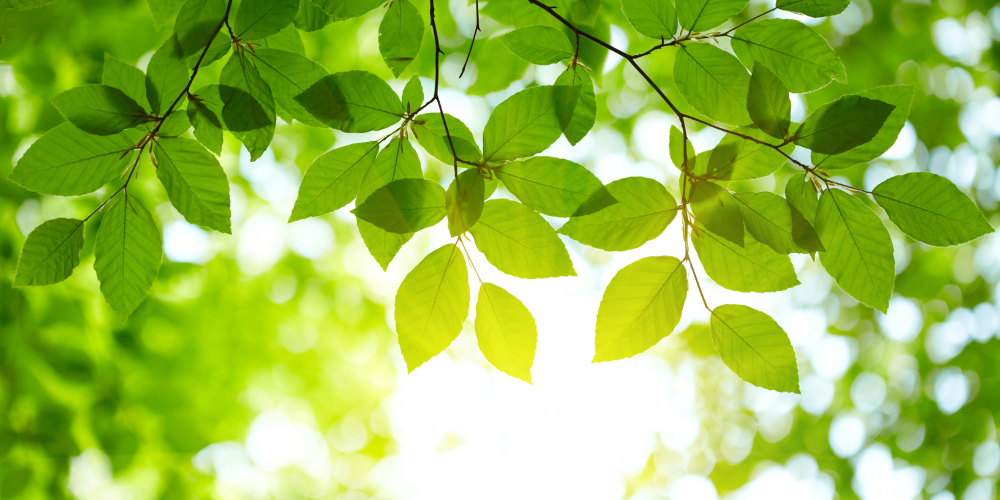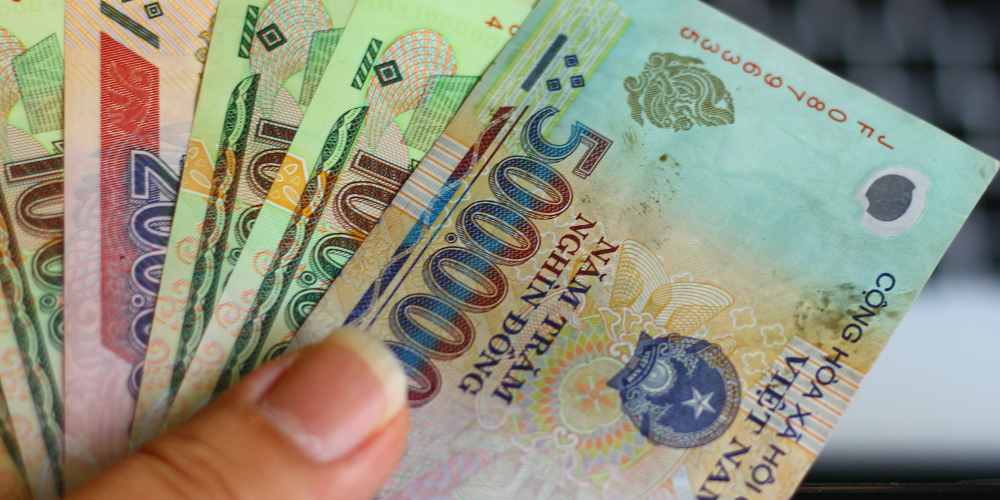Industry Reports
New Materials: Advancing Sustainable Innovations
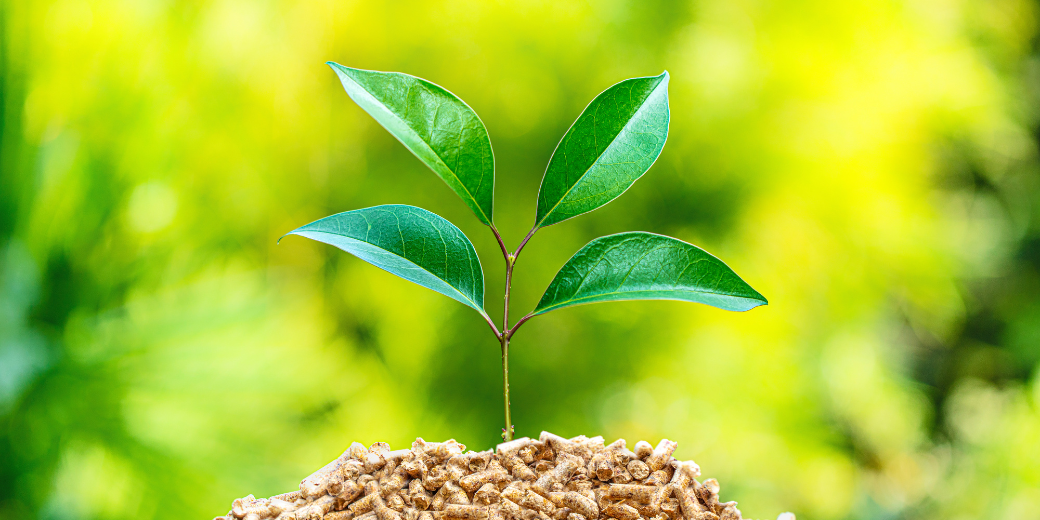
Summary
Circular economy growth in SEA is powered by eco-material startups, recycled waste tech, and strong demand for sustainable, bio-based products.
The Rise of Sustainable Materials in Southeast Asia
| Diverse Bio-materials from Rich SEA Biomass
SEA boasts rich biomass feedstock like sugarcane and cassava, vital for bio-based material development. These resources enable the creation of diverse sustainable materials, including bio-based leather (mycelium, pineapple leaf), textiles (bamboo, wood pulp), packaging (sugarcane, cassava, bio-waste), and industrial materials (coffee grounds, rice husks). Singapore is an exception, relying on imports.
| SEA’s Waste Offers Vast Circular Material Potential
High waste generation in SEA offers significant opportunities for new circular materials. In 2016, SEA produced 150 million tonnes of waste, projected to double by 2030. Organic waste dominates (52%), followed by plastic (13%). Most SEA countries have recycling rates below 50%, except Singapore (60%). This highlights vast untapped potential. Recycled waste can be transformed into valuable new materials like packaging, textiles, and fertilisers, providing both economic and environmental benefits.
Source: ASEAN Connectivity | United Nations Environment | Sumitomo Corporation
Policy Support & Corporate Demand Drive Innovation
| Governments Drive New Materials with Incentives
SEA governments actively promote the new materials industry through policies and incentives. Malaysia and Thailand offer leading tax incentives; Malaysia provides a 20% concessionary tax rate for bio-based companies and 70% exemption for high-value waste recycling, while Thailand offers a 25% corporate tax reduction for biodegradable plastic purchases (2022-2024). Regionally, all countries have waste management action plans, and strong Single Use Plastics (SUP) bans exist in Thailand, Singapore, Vietnam, and Malaysia, with local restrictions in Indonesia and the Philippines.
| Corporate Demand Fuels Eco-Material Adoption
Rising environmental awareness and corporate sustainability initiatives are increasing demand for bio-based and circular materials. Companies are adopting sustainable alternatives to reduce their footprint. Suntory PepsiCo Vietnam uses 100% recycled PET bottles, as does Coca-Cola across SEA. Fashion brands like Caramel Monster (Vietnam) use organic, recycled materials, and H&M incorporates fibres from recycled Indonesian PET bottles. Unilever Vietnam has reduced virgin plastic in packaging by 52% through reduction and recycled plastic integration.
R&D Driven by Government and Collaborative Efforts
| Thailand Boosts Bioplastics via R&D Partnerships
Thailand’s government boosts bioplastics investment through collaborations with educational institutions and research centres, providing R&D resources and training. The 2022 Bio Base Asia Pilot Plant (BBAPP) enables organisations to develop, validate, and scale sustainable bio-based products, accelerating market entry.
| Philippines & Singapore: Advancing Research
The Philippines and Singapore are key R&D hubs. In the Philippines, DOST-FPRDI develops bioplastic films from Abaca banana plants, while DOST-PNRI explores nuclear technologies to convert plastic waste. Singapore’s NTU and CEA have a joint e-waste recycling centre. The NEA’s CTRL Funding supports resource recovery from e-waste, plastics, and food. NTU and RGE also lead textile recycling innovation, collectively advancing regional sustainable material capabilities.
Key New Materials Market Segments: Innovation in Action
| Bio-based Leather Innovations Gain Market Acceptance
SEA companies are pioneering bio-based leather alternatives. Indonesia’s Mycotech Lab (MYCL) produces Mylea, a mycelium-based leather, with a 7-day production cycle and superior abrasion resistance, also diversifying into construction with Biobo. Ananas Anam Philippines creates Piñatex from pineapple leaf fibre, adopted by over 200 global brands including Nike, demonstrating strong market acceptance for eco-friendly leather.
| Agri-Waste Transforms into Bio-materials
Converting agricultural and organic waste into bio-materials is a growing trend. Vietnam’s AirX Carbon manufactures carbon-negative bio-based polymers from coffee grounds, rice, and coconut husks. BUYO Bioplastics (Vietnam) provides biodegradable plastics from organic waste using patented technologies, producing 5-10 tonnes monthly of soft and hard plastics.
| Innovative Bio-materials Advance Sustainable Products
Sustainable packaging is advancing with innovative bio-based materials. Singapore’s Alterpacks transforms food waste (e.g., spent grains) into temperature-resistant food packaging. The Philippines’ Ecolutions makes sugarcane bagasse food containers. Malaysia’s Rhodomaxx develops seaweed-based products, including bioplastics and fertilisers like AlgaGrow. Singaporean RWDC Industries produces Solon PHA, a fully biodegradable biopolymer from plant-based oils, replacing petroleum-based plastics in various applications.
Circular Materials: Transforming Waste into Value
| SEA Firms Convert Plastic Waste to Valuable Resources
SEA companies are converting plastic waste into valuable circular materials. Vietnam’s Plastic People transforms diverse plastic waste into durable boards for construction and furniture. Malaysia’s Natureloop creates eco-friendly products from post-industrial and consumer plastic waste. Heng Hiap Industries (Malaysia) manufactures superior recycled plastic resins for automotive and building materials. Indonesia’s Rebricks incorporates 20% recycled multi-layered plastic into eco-friendly paving bricks.
| Advanced Tech Boosts Resource Recovery in SEA
Advanced recycling technologies are enhancing resource recovery. Singapore’s Blue Planet Environmental Solution offers comprehensive waste processing, including plastic waste-to-oil conversion and e-waste resource recovery. Green Li-ion (Singapore) provides lithium-ion battery recycling technology, converting scrap directly into battery-grade materials, demonstrating a closed-loop approach.
| Innovators Tackle Diverse Waste for Circularity
Innovators are addressing diverse waste streams. Singapore’s TRIA developed Bio24, a closed-loop system recycling single-use foodware and food waste into compost. Malaysia’s Materials in Works (MIW) upcycles paper liner waste into high-quality cellulose pulp. Singapore’s Zerowaste Asia upgrades incinerated bottom ash into construction materials. NEU Battery Materials (Singapore) pioneered electrochemical redox technology for lithium-ion battery recycling, using only electricity and water, with a pilot plant processing 150 tonnes annually.
Opportunities & Challenges for New Material Startups
| Performance & Specialised Applications
There’s potential to develop alternative materials that surpass traditional ones in durability and function. Startups can also target niche markets, such as high-value textiles or bio-based industrial materials, where current offerings are limited, enabling premium pricing and differentiation. Alterpacks (Singapore) exemplifies this, creating food packaging that withstands extreme temperatures, from -18°C to 260°C.
| Partnerships Key for Startup Market Expansion
Partnering with established brands helps startups access new markets and technologies. Examples include Ananas Anam (UK) with Nike, Mycotech (Indonesia) with Doublet (Japan), and RWDC Industries (Singapore) with Lummus Technology (USA). Mycotech’s facility in Japan further demonstrates leveraging foreign markets for R&D. Japanese-ASEAN collaborations also boost e-waste recycling regulations and partnerships, providing clear frameworks and access to advanced technologies for startups.
| New Material Startups Face Key Hurdles
Bioplastics often incur higher production costs than conventional plastics due to expensive raw materials and complex processing. Competition for feedstock, such as sugarcane and cassava, may also impact food security. Furthermore, many SEA countries suffer from inadequate waste management infrastructure, hindering collection and recycling efforts. Market acceptance remains a challenge, as perceptions of quality, durability, and cost competitiveness affect adoption.
Unlock Exclusive Insights on Sustainable Materials in Southeast Asia
Discover how Southeast Asia’s rich biomass, circular innovation, and policy support are transforming the landscape of sustainable materials. From bio-based leather and advanced recycling technologies to corporate-driven eco-material adoption, this report is a must-read for investment banking professionals, private equity firms, and M&A specialists seeking emerging opportunities in ESG-aligned industries.
Sign up now to gain access to Speeda’s powerful platform — including data on over 11 million companies, proprietary industry and trend reports, M&A deals, and expert network services that accelerate your investment research and decision-making.


